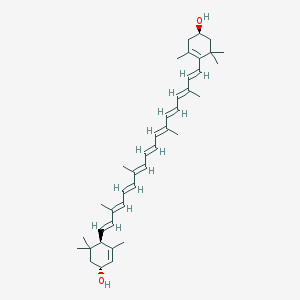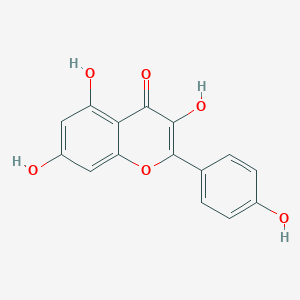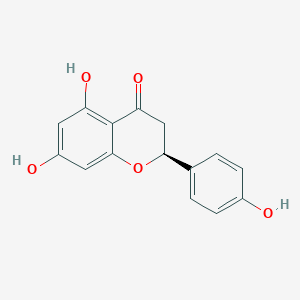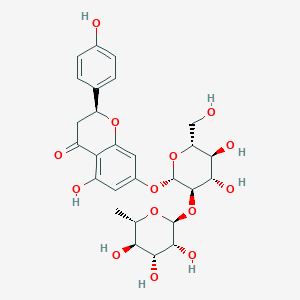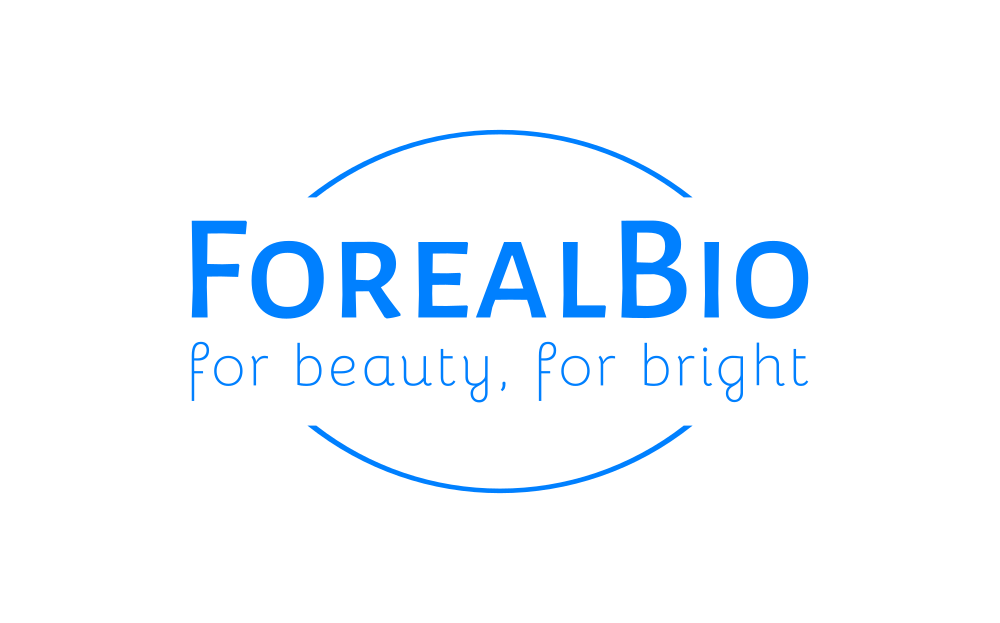Description
Lutein is a yellow-to-orange pigment related to vitamin A. Lutein is essential for maintaining eye health and lowering the risk of macular degeneration and cataracts. It may also protect our skin and cardiovascular system.
Lutein is a type of carotenoid, a natural pigment found in plants, which plays an essential role in human health. Here are its main benefits and applications:
- Eye Health: Lutein is best known for its benefits to eye health. It is concentrated in the macula, a part of the retina responsible for central vision. Lutein helps protect the eyes from harmful light waves like ultraviolet rays and blue light from screens. It’s believed to prevent age-related macular degeneration (AMD), cataracts, and might enhance visual performance.
- Antioxidant Properties: As an antioxidant, lutein helps combat free radical damage in the body, which can lead to chronic diseases and aging. By neutralizing these harmful molecules, lutein contributes to overall health maintenance.
- Skin Health: Lutein may also have benefits for the skin. It can help improve skin hydration and elasticity, and may protect against damage from sunlight and pollution.
- Heart Health: Some studies suggest that lutein can contribute to heart health by reducing inflammation and improving arterial health, which can lower the risk of heart disease.
- Cognitive Function: Emerging research indicates that lutein may have positive effects on cognitive function, particularly in the aging population, by protecting brain cells from oxidative stress and inflammation.
In terms of application, lutein is commonly taken as a dietary supplement, especially for eye health. It is also found naturally in foods like kale, spinach, broccoli, and egg yolks. As a supplement, it’s often paired with zeaxanthin, another eye-protective carotenoid.

